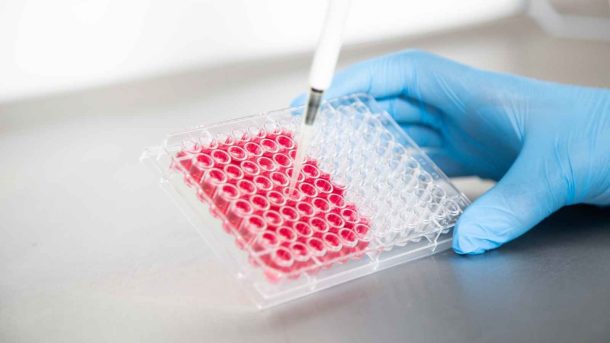?What Facilities and Equipment Are Provided
At Biotech Anatomy LTD, you will find state-of-the-art facilities designed to enhance your learning experience. The company offers fully-equipped surgical rooms that closely replicate real operating environments, providing you with a realistic setting for your training. These rooms are outfitted with advanced medical technology, including C-arm imaging systems and laparoscopic equipment, ensuring that you have access to the latest tools and techniques.
In addition to the surgical rooms, there are dedicated classrooms for theoretical instruction. These classrooms are equipped with modern teaching aids and resources to support your learning. By combining practical and theoretical training environments, Biotech Anatomy LTD ensures that you receive a comprehensive education that prepares you for real-world medical challenges.
?What Training Programs Are Available
Biotech Anatomy LTD offers a diverse range of specialized training programs to cater to different medical fields. These programs include courses in neurosurgery, otolaryngology, foot and ankle surgery, head and neck surgery, spinal surgery, and cosmetic surgery. Additionally, there are courses focused on emergency skills, minimally invasive procedures, orthopedics, and plastic and reconstructive surgery.
Each program is designed to provide in-depth, hands-on training, allowing participants to gain practical experience in their area of expertise. The courses are tailored to meet the needs of medical professionals at various stages of their careers, from new doctors to seasoned surgeons.
By providing such a comprehensive array of training programs, Biotech Anatomy LTD ensures that medical professionals are well-prepared to handle the complexities and challenges of real-world practice, ultimately contributing to improved patient care and outcomes.
?Why Is the Use of Real Human Specimens Important
Using real human specimens is crucial in anatomy education because it provides a level of realism that cannot be achieved with digital resources or models. This hands-on experience is vital for understanding the complexities of human anatomy and surgical techniques. It allows you to practice on actual human tissues, gaining a deeper appreciation for the variability and intricacies of the human body. This approach ensures that you are better prepared for real-life medical situations, enhancing your skills and confidence in performing procedures.
?Who Provides the Instruction
Biotech Anatomy LTD employs experienced researchers and doctors to lead their training programs. These professionals bring a wealth of knowledge and practical experience to the classroom, ensuring that participants receive high-quality instruction. By learning from experts in their respective fields, you gain valuable insights and skills that are directly applicable to real-world medical practice. The instructors are dedicated to providing comprehensive education, combining theoretical knowledge with hands-on training. This approach helps you develop a deep understanding of anatomy and surgical techniques, preparing you for the complexities of modern medical procedures.
?What Integrated Services Support the Educational Programs
Biotech Anatomy LTD offers a comprehensive suite of integrated services to support their educational programs. These services ensure that every aspect of the training is well-coordinated and efficient. They include donor recruitment and matching, which guarantees that the necessary specimens are available for specific training needs. Additionally, they provide pre-scanning services such as CT and MRI to give detailed insights into the specimens before use.
Specimen preparation and importing are handled meticulously to maintain the highest standards of quality. On-site staff support is available throughout the studies, ensuring that all procedures run smoothly and any issues are promptly addressed. Proper handling of remains is conducted under the supervision of the Ministry of Health, ensuring ethical and respectful treatment of donor bodies.
By offering these integrated services, Biotech Anatomy LTD maintains the quality and consistency of the educational experience, making it a reliable choice for anatomy education. For more details, you can visit their official website.
?How Does Biotech Anatomy LTD Maintain Ethical Practices
Biotech Anatomy LTD emphasizes the importance of ethical practices by showing respect for body donors and their contributions to medical advancement. They maintain a sterile, tidy, and respectful working environment, ensuring that all processes are handled by professional staff. Environmental and safety officers oversee operations to guarantee that best practices are followed in accordance with established guidelines. The company is committed to honoring the intentions of body donors, facilitating medical device development and training while upholding high ethical standards. This dedication ensures that their educational programs contribute positively to the medical field while respecting the dignity of donors.
click here for more info: https://biotechanatomy.co.il/









